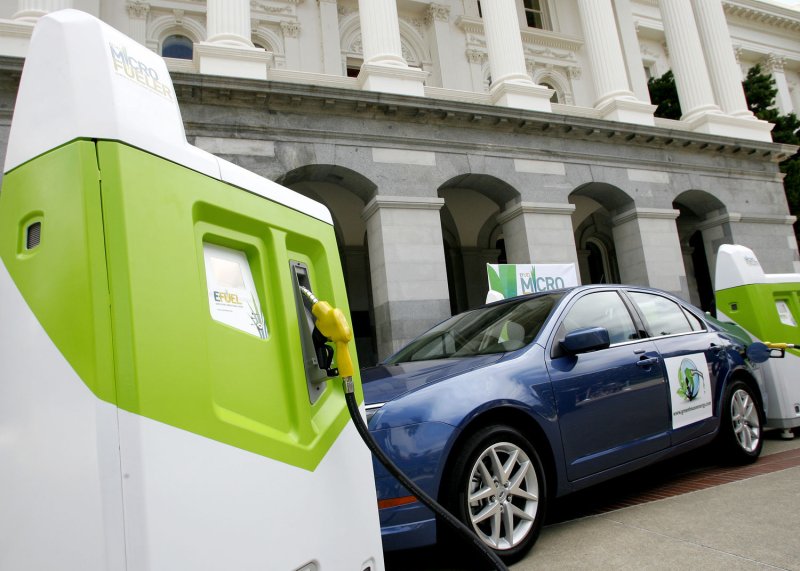HOUSTON, June 18 (UPI) -- Scientists warn the United States must be careful that its biofuel development takes into account potential damage to the nation's water resources.
"The ongoing, rapid growth in biofuels production could have far-reaching environmental and economic repercussions, and it will likely highlight the interdependence and growing tension between energy and water security," said Rice University researchers in a report titled "The Water Footprint of Biofuels: A Drink or Drive Issue?"















